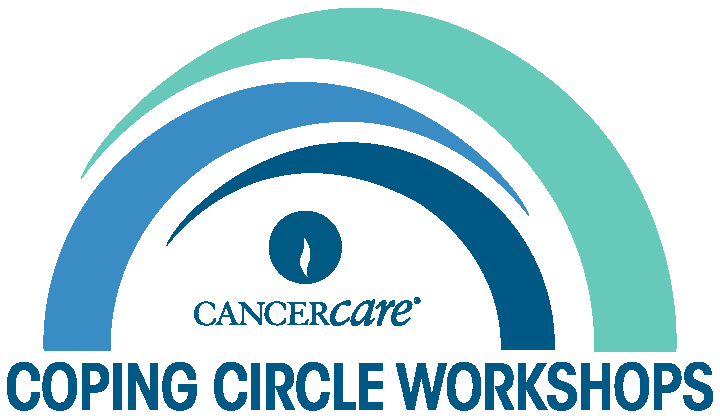Resource Navigation
Learn more about how CancerCare Resource Navigation can help you address barriers to care.
Support Groups
Connect with others in our free support groups led by oncology social workers.
Live
- Connecting With Caregivers: Young Adult Support Group (New York, Video)
- Living Beyond Cancer: Young Adult Post-Treatment Survivorship Support Group (New York, Video)
- Living With Cancer: Young Adult Patient Support Group (New York, Video)
- Living With Loss: Young Adult Loss of a Parent Support Group (New York, Video)
Online
Connect Education Workshops
Listen in by telephone or online as leading experts in oncology provide up-to-date information about cancer-related issues in one-hour workshops. Podcasts are also available.
Podcasts
Young Adults
- Breast Cancer in Younger Women: New Treatment Options, Mar 26, 2025
- Cancer in the Workplace, Health Insurance, Finances and Returning to School, Dec 13, 2024
- Challenges Young Adults with Cancer Face: Coping Tips, Dec 6, 2024
- Update on Follicular Lymphoma, Apr 3, 2024
- Advances in the Treatment of Colorectal Cancer, Feb 27, 2024
- Young Adult Survivorship: Fertility, Sexuality and Intimacy, Feb 9, 2024
- Breast Cancer in Younger Women: New Treatment Options, Feb 7, 2024
- Challenges Young Adults with Cancer Face: Coping Tips, Dec 15, 2023
- Early Stage Breast Cancer: New Treatment Approaches, Jun 30, 2023
- Advances in the Treatment of Colorectal Cancer, Jun 26, 2023
- Young Adult Survivorship: Fertility, Sexuality and Intimacy, Jun 28, 2013
Publications
Read or order our free Connect booklets and fact sheets offering easy-to-read information about the latest cancer treatments, managing side effects and coping with cancer.
For Any Cancer Diagnosis
- A Helping Hand: The 2025 Resource Guide for People With Cancer
- Coping With Cancer as a Young Adult
- Coping With Cancer as a Young Adult
- Coping With the Loss of a Parent With Cancer as a Young Adult
- Counseling to Better Cope With a Cancer Diagnosis
- Dating and New Relationships: During and After Cancer
- Helping Yourself Cope With the Loss of a Parent
- Intimacy and Cancer
- Young Adults as Caregivers
Financial Assistance
Limited assistance from CancerCare is available to help with cancer-related costs.
Ask CancerCare
Every month, featured experts answer your questions about coping with cancer including specific answers to questions asked by caregivers.
For Any Cancer Diagnosis
- Q.
My 24-year-old son was recently diagnosed with cancer and I think it would be a good idea for him to join a support group. How do I convince him?
A.As a caregiver, you may feel that your son should join a support group to help him navigate the challenges he may face in regards to his diagnosis and treatment. The difficult part of all of this is that your son must be able to make that decision on his own. As a young adult facing cancer, he may need to understand what his cancer diagnosis and treatment will look like before he is able to give and get support from a group. Managing doctor’s appointments and scheduling treatments can be taxing, however addressing the benefits he may find in a support group is the first step in educating him about how a support group can help.
Support groups can offer a network of comfort and encouragement, a place of unbiased support and an environment that a young adult does not have to explain what he or she is going through because the other group members will understand. CancerCare offers a face-to-face Young Adult Patient Support Group for anyone located in the New York City area. In addition, we offer several patient online support groups. Your son may also want to reach out to Stupid Cancer, an organization that addresses several young adult cancer issues through advocacy, support and more.
As a caregiver, you may want to look into services for yourself. You can contact CancerCare’s Hopeline at 800-813-HOPE (4673) to learn more about our services for caregivers. In addition, you may find some of our publications helpful in navigating your new role as a caregiver.
- Q.
I am 28 years old and it seems like I'm the only one my age with cancer. Is there anyone else like me out there?
A.Hearing that you have been diagnosed with cancer as a young adult can be overwhelming and isolating, however you are not alone in this. The answer to your question is yes, there are other people out there like you. There are several organizations that can help you connect with other people your age who have been diagnosed with cancer. At CancerCare, we offer services for young adults who have been diagnosed with cancer through individual counseling, either face-to-face or by phone. We also offer a Young Adult Patient Support Group for anyone between the ages of 20 to 39 who is located in the New York City area.
These organizations specialize in providing support and services to young adults with cancer and might be helpful as well:
- Q.
Are there programs that can help me feel better about myself? I'm 29, recently finished chemo and radiation and am feeling blah. Anything I can join?
A.Having cancer in your 20s or 30s can be an overwhelming experience, particularly once treatment is over. Adjusting to the “new normal” can be especially difficult. Connecting with others your age who have also faced cancer and can relate to those days of just feeling “blah,” can be very helpful in normalizing your experience.
There are several organizations that offer support services to help meet the needs of people coping with cancer in their 20s and 30s. These organizations can help you feel connected and secure in the idea that you are NOT alone!
- Stupid Cancer
- Planet Cancer
- The Ulman Cancer Fund for Young Adults
- The Young Survival Coalition (for breast cancer survivors)
The following organizations offer retreats and other camp experiences for young adults with cancer and post treatment survivors:
As a post-treatment survivor, you’ll find helpful information in our booklet, After Treatment Ends: Tools for the Adult Cancer Survivor. All of our post-treatment information and support services can be found on our website. You may also call CancerCare and speak with an oncology social worker who can provide you with support and search for additional resources.
- Q.
I am 19 and my mother was diagnosed with cancer over a year ago. She has had an operation and been through chemotherapy treatment and is technically 'cancer free' now, however we have been told she has a very slim chance of living past 5 years. My mother has completely changed, and I don't know how to talk to her as she seems like a completely different person since chemo. Is this normal?
A.Undergoing treatment for any type of cancer is an intense experience, not only on an emotional level, but spiritually and physically as well. Often, those that have completed cancer treatment face a new type of difficulty; they must now acknowledge that their life is forever changed. They must deal with a new reality as they shift focus from coping with treatment to adjusting to their “new normal”. I use the term “new normal” because whatever was ‘normal’ for your mother before her diagnosis no longer rings true to her.
It is possible that your mother seems “like a completely different person” since her treatment because she must deal with the uncertainty and ambiguity that can persist following the completion of treatment. Although she may be “cancer free”, she may feel that her life is limited by the five year prognosis which has made her feel vulnerable and afraid. Many emotional challenges arise after treatment because people have focused all of their time and energy on physically fighting their diagnosis; they have neglected the emotional aspects in the process.
Encouraging her to maintain healthy, supportive relationships with those most significant to her is a crucial part of the healing process. You have to ask yourself, “How has my mother changed and is there is different way I can try talking to her?” She might feel alone in her experience and need your support more now than ever before. Does she have emotional support or is she speaking to a therapist or counselor? Anxiety and depression are common in those who are going through or have completed treatment for cancer. It is important to recognize any red flags for these disorders in order to gain the necessary support.
It is also good to be aware of the different types of support available:
- Professional support provides you with information, resources and counseling
- Peer-to-peer support reduces your sense of isolation and helps you connect with others who share similar concerns (e.g., Cancer Hope Network)
To access these types of support, speak with an oncology social worker or join a post-treatment support group at CancerCare. A social worker can also help you identify local support services; contact our Hopeline at 800-813-HOPE to speak to an oncology social worker for more information.
- Q.
I'm looking for books to read that would be geared for young adults trying to cope with cancer.
A.At CancerCare, young adults are categorized by those ages 20 to 39. Being diagnosed with cancer at this age can be an extremely overwhelming experience, however; there are many great books and publications out there that can make coping a bit easier.
Take a look at the list below:
Everything Changes: The Insider’s Guide to Cancer in Your 20’s and 30’s by Kairol Rosenthal
Planet Cancer: The Frequently Bizarre Yet Always Informative Experiences and Thoughts of Your Fellow Natives by Heidi Di Adams
Crazy Sexy Cancer Tips by Kris Carr
This Should Not Be Happening: Young Adults With Cancer by Anne Katz
Between Me and the River: A Memoir by Carrie Host
If you are looking for publications or educational materials geared towards young adults coping with cancer, feel free to check out our list of fact sheets and connect booklets on our website.
Coping With Cancer as a Young Adult – Fact Sheet
Coping With Cancer as a Young Adult – Connect Education Booklet
A cancer diagnosis can turn your world upside down. If you need additional emotional support or would like to speak to an oncology social worker, please call our Hopeline; 800-813-HOPE.
- Q.
I've just completed my treatment (I'm 26) and I'm not sure how to handle the possibility of dating. I'm not comfortable disclosing that I've had cancer, but I know that I should.
A.Dating can be difficult enough without having to worry about when and how to disclose a recent history of cancer. There is no right or wrong way to broach this topic on a date, and what may be right for one person might not be right for another. There’s no need to share your cancer history with someone on a first, second, or even third date if you don’t feel comfortable doing so. That being said, I would encourage you to think about your cancer history as another fact about yourself that you will eventually share with a potential partner in the process of getting to know each other. It’s ok to wait until you feel safe and comfortable with someone before disclosing this part of your past. Forming a deeper connection with a potential partner before you trust them with this information is a way to protect yourself, and there’s nothing wrong with waiting if that’s what you need. Hopefully once you do share this information with someone they will be supportive and understanding and this sharing will bring you both closer together.
If you’re looking for additional support as you transition into survivorship, check out CancerCare’s Young Adult Post-Treatment Survivorship Support Group. This can be a great place to speak with other young adults struggling with similar questions and to learn what they have found helpful. CancerCare also has a great publication on this topic Dating and New Relationships: During and After Cancer that you might find helpful as well.
- Q.
I was diagnosed with cancer at 14 and after two years of treatment, went into remission but was diagnosed with depression soon after. Now I am 24, and I've struggled with depression for ten years and my cancer has relapsed. I am attempting to go to school, but between the fatigue from the cancer and depression, I would barely be able to attend college. Are there any financial aid programs?
A.Juggling cancer treatment and its side effects with school and work would be overwhelming for anyone. Adding depression into that mix makes it all seem nearly impossible. In this situation, not only do you need to treat your cancer, but your mental health as well. HelpPro is a great website that can help you find a therapist in your area that accepts your insurance, and CancerCare provides free short-term counseling as well.
There are a number of organizations you can turn to for financial assistance, such as The Samfund, which provides grants to young adults that can help with medical bills, living expenses, tuition and student loans, etc. There are many other organizations that can help as well, but they are specific to the type of cancer or your location. You may view additional scholarship resources on our website.
At CancerCare, we have a Hopeline staffed by oncology social workers who can provide information about resources and referrals, CancerCare’s financial assistance grants and emotional support. You can reach us at 800-813-4673, Monday-Thursday, 10 a.m. to 6 p.m. and Friday, 10 a.m. to 5 p.m. EST.
You can also see a list of organizations we commonly refer to through our publication called A Helping Hand.: The Resource Guide for People With Cancer.
- Q.
My cousin has been diagnosed with cancer, and she's engaged. She's worried that she won't be able to have children and seems quite depressed. Is there someone she could speak with to help her figure out what is possible?
A.Starting a family is an experience that many look forward to their whole lives. Unfortunately, a cancer diagnosis can threaten one’s chance of having this experience. The extent to which your fertility is compromised is based on many factors, including age, type of cancer and method of treatment. It is so important to talk to your healthcare team prior to and while in treatment to determine how your treatment plan may impact your fertility and the best ways of preserving it. There are many options available to preserve fertility, including freezing your eggs, embryos and ovarian tissue. If your doctors do not bring up fertility preservation, be sure to be your own advocate and address your concerns right away.
It can be incredibly stressful and difficult to think about how your treatment will affect your fertility, especially at such a young age. This might not only impact you, but your partner as well. Feelings of depression and anxiety are common while exploring your options. There are many support services available that can help navigate fertility perseveration and emotions this conversation might cause. Oncology social workers are able to offer support and guidance regarding this difficult topic. CancerCare offers free counseling services provided by their licensed oncology social workers.
Additional fertility resources include:
- Q.
I'm 23 and started a new job last year, but have been recently diagnosed with cancer. My treatment should last less than four months, but I'm concerned about losing my job. My employer seems supportive, but I'm still worried. I’m looking for some guidance.
A.There are many people who decide to work while in treatment for cancer, whether it’s for financial reasons or to maintain stability and routine. It is important to know that you are not required to disclose your diagnosis to your employer. However, if you do decide to disclose, you should be aware of your rights. The Americans with Disability Act prohibits discrimination against qualified individuals with disabilities in the workplace. In other words, as long as you are able to complete your work and fulfill your duties, you can’t legally be fired for having cancer. Some of the accommodations recommended by the ADA include flexible work hours that will not interfere with treatment schedules and doctor’s appointments, breaks, the ability to work remotely and many more. If any of these accommodations are needed, speak with your manager or human resources department to discuss your options. You might want to speak with your doctors prior to speaking with your employers to determine potential side effects and how they may impact your performance. It can be an incredible relief to have an extra layer of support from your employers and coworkers. Unfortunately, some employers are not as understanding. Be sure to document the interactions you have had with your manager or Human Resources and any issues you have experienced. You might want to obtain job performance evaluations that highlight your work. There are many resources available to help navigate how to proceed if you’ve been discriminated against, including:
- The Americans with Disability Act: www.ada.gov
- Cancer and Careers: www.cancerandcareers.org
- Cancer Legal Resource Center: 866- 843-2572 or www.cancerlegalresourcecenter.org
- The Equal Employment Opportunity Commission: 800-669-4000 or www.eeoc.gov
- Q.
My 26-year-old daughter will be staying in Baltimore for 12 weeks and I was wondering if there's some organization that can help her with food while there. She wants to be able to work while getting cancer treatment during those 3 weeks and also needs gas money to travel back and forth on weekends to see her 4-year-old autistic son. Any help would be appreciated.
A.Navigating the cost of daily living expenses can be incredibly challenging while also going through cancer treatment. I can certainly suggest some resources that your daughter may find helpful. Additionally, looking for diagnosis-specific organizations could also provide additional support and resources.
- She can reach out to our Hopeline at 800-813-4673 and express interest in financial assistance. An oncology social worker will be able to gather additional information to see if CancerCare has any grants that your daughter could apply for.
- Call Baltimore 311. 311 connects Baltimore residents, businesses and visitors by providing a resource of city services.
- Contact Bringing Hope Home to see if there are open grants available for travel and food assistance: 484-580-8395 or https://bringinghopehome.org/
- Applying for a grant through the Allyson Whitney Foundation. This organization assists young adults diagnosed with cancer through various financial grants https://allysonwhitney.org/grants/
I understand how overwhelming it can be to manage treatment while also worrying about food and transportation. Please let your daughter know that she doesn’t have to face these challenges alone. We encourage her to reach out to our Hopeline, and we would be more than happy to provide additional support and guidance during this difficult time.
For Breast Cancer
- Q.
I'm 32, and am in treatment for early stage breast cancer. I feel like I'm burdening my friends and husband with my anxiety, but I also need to talk. I'm looking for a therapist, but maybe there are other things I can do to help myself? My husband is supportive, but not very emotional.
A.Coping with cancer as a young adult is a unique experience. Building a strong support system and having someone to talk to can help address and cope with the emotional stressors you must be feeling. Support can come in many different forms. Many of these services are now easily accessible over the phone and online. CancerCare provides free individual and support group counseling with licensed oncology social workers and can also help connect you to resources within your community. Our supportive services are sensitive to the way a diagnosis of cancer is different when you are young.
These organizations specialize in providing support services to young adults with cancer:
- Stupid Cancer
- Planet Cancer
- The Ulman Cancer Fund for Young Adults
- The Young Survival Coalition (for breast cancer survivors)
- Imerman Angels
In addition to seeking professional support there are many things one can do on their own or at home to help themselves cope. Here are some publications with practical tips that you may find helpful:
- Q.
My mother recently passed away from breast cancer, and now I am a 19-year-old teen who is worried that the cancerous genes have been transferred to me. Can you please clarify if they do?
A.Many families impacted by cancer have questions about genetics and genetic testing. There are many genetic tests available today which can indicate an increased risk for cancer. The BRCA mutation is one of those genes linked to breast and ovarian cancers, but it is also important to note that the BRCA mutation accounts for a small percentage of overall breast cancers.
If you have any questions or concerns about genetic testing, it’s best to discuss these with your primary care physician or a genetic counselor. At CancerCare, we are a staff of social workers, not medical providers, so I cannot provide specific medical guidance or treatment/testing suggestions. What I can share generally is that genetic testing (including the BRCA test and others) can potentially have a physical, emotional, and financial impact on the individual being tested as well as their family members. For this reason, it is always encouraged that you speak to your medical team as well as a genetic counselor prior to being tested so that appropriate guidance can be provided about what the test results may mean for you and your family.
This is a very important topic, and it is understandable that genetic testing may raise questions and concerns. For additional information on genetic mutations and hereditary cancers or to speak to a genetic counselor for preliminary guidance, you may want to contact FORCE (Facing Our Risk of Cancer Empowered). They can be reached by phone at 866-288-7475 or emailed at info@facingourrisk.org.
Specialized Programs
CancerCare offers specialized programs to address specific populations and concerns.
Coping Circle Workshops
Virtual educational and supportive workshops led by oncology social workers and qualified co-facilitators. These workshops cover numerous topics and are offered in English and Spanish.
Additional Resources
Organizations
Allyson Whitney Foundation
Alliance for Fertility Preservation
American Cancer Society
Camp Mak-A-Dream
Cancer and Careers
Cancer for College
Children’s Organ Transplant Association (COTA)
Expect Miracles Foundation
First Descents
Hope For Two: The Pregnant with Cancer Network
LIVESTRONG
Livestrong Fertility
Miracle Flights
National Coalition for Cancer Survivorship
National Collegiate Cancer Foundation
Next Step
Nikolas Ritschel Foundation
Stupid Cancer
The Dougy Center
The Leukemia & Lymphoma Society (LLS)
The Oncofertility Consortium
The Samfund
Tigerlily Foundation
Ulman Foundation
Verna's Purse
Young Survival Coalition

 Answered by
Answered by 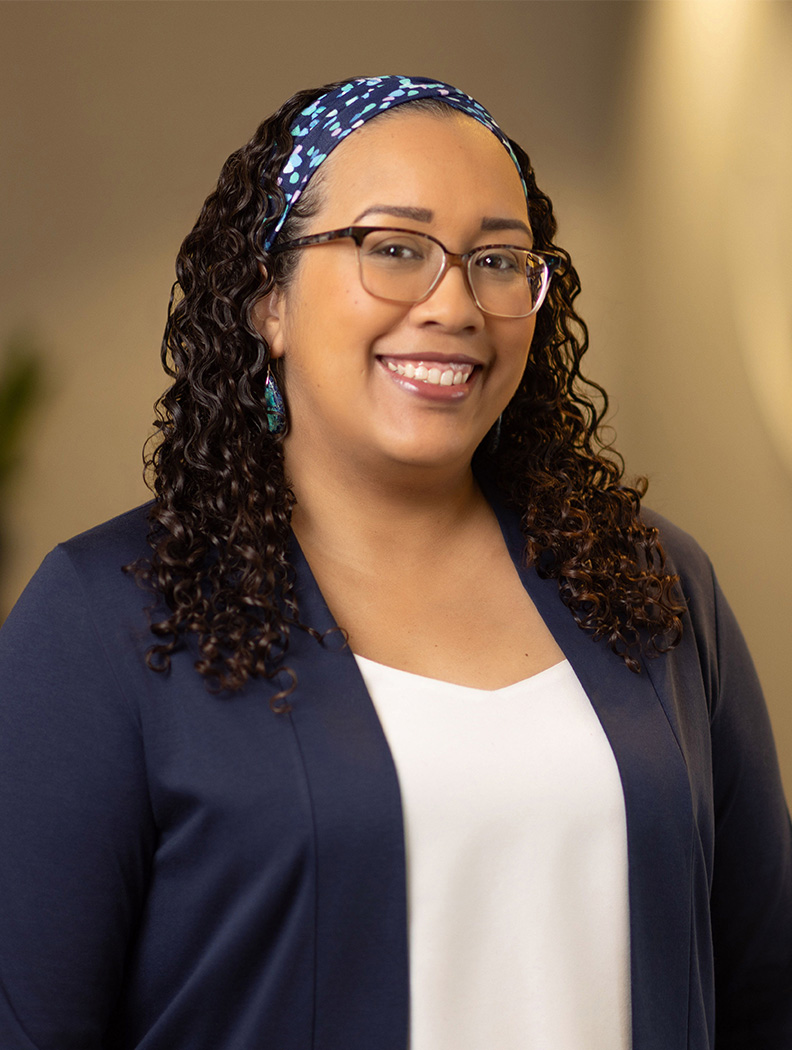 Answered by
Answered by 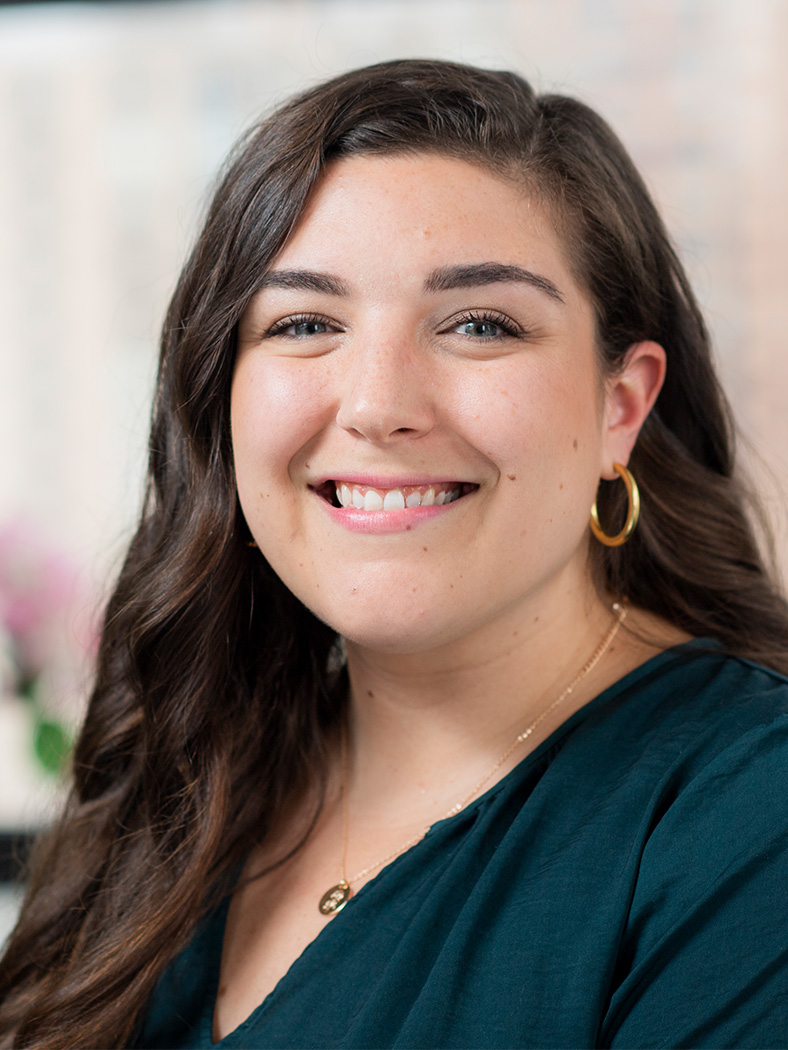 Answered by
Answered by 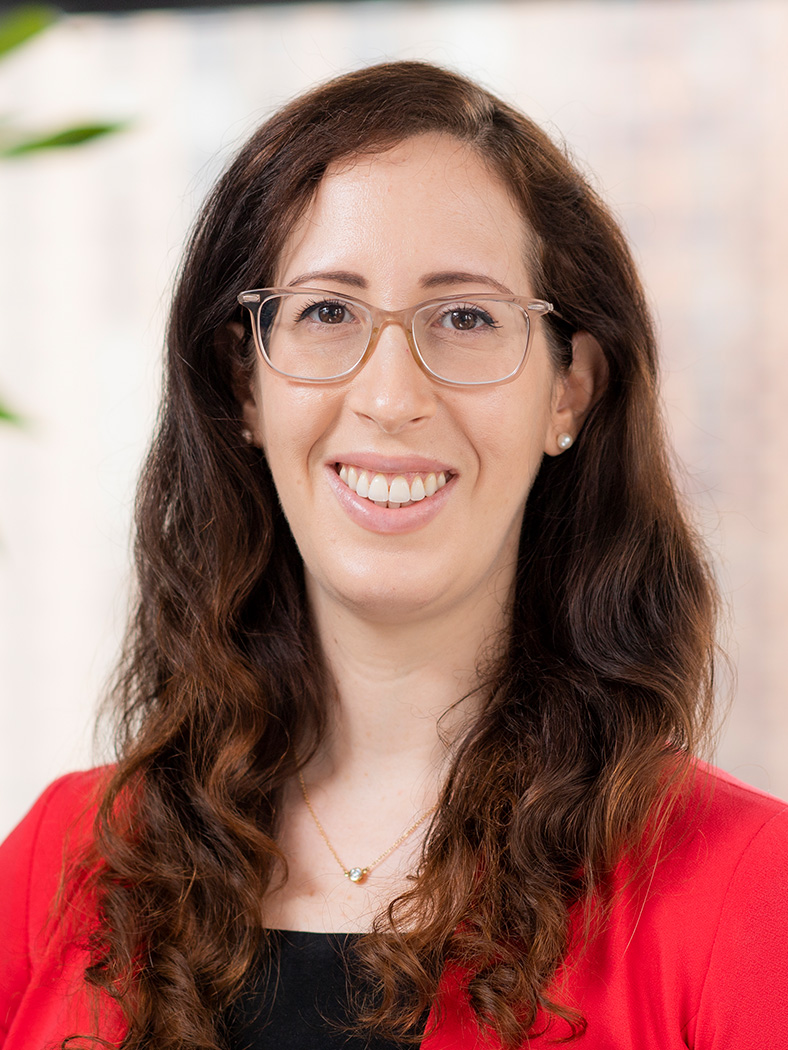 Answered by
Answered by 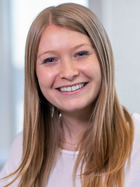 Answered by
Answered by 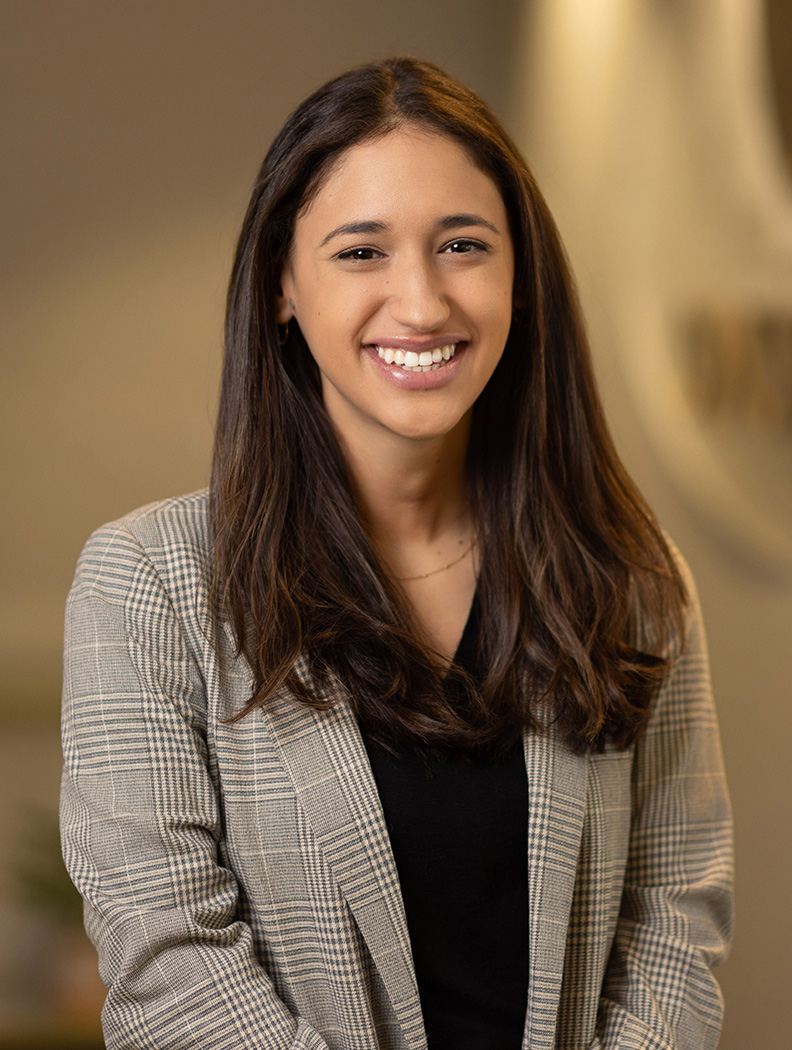 Answered by
Answered by 